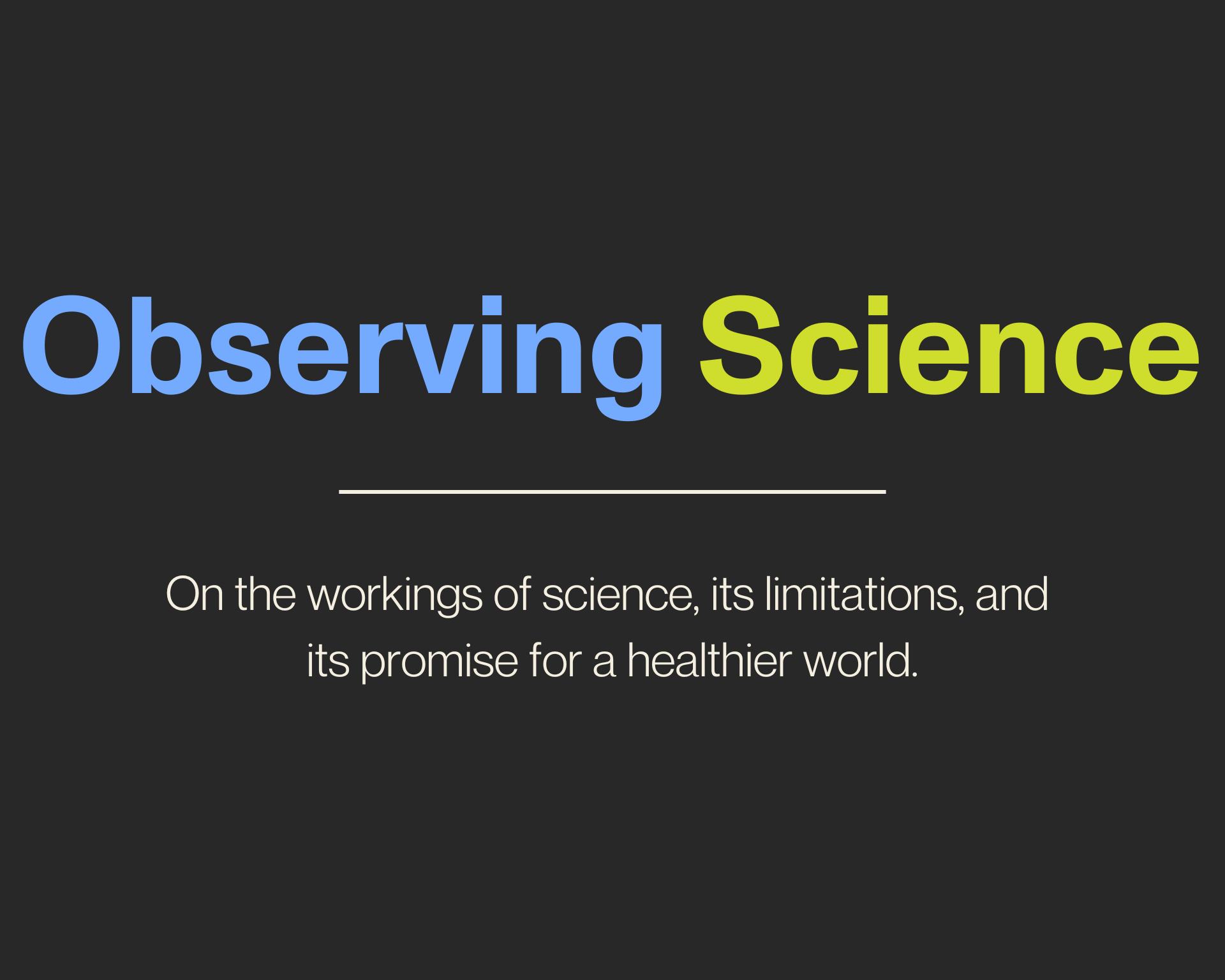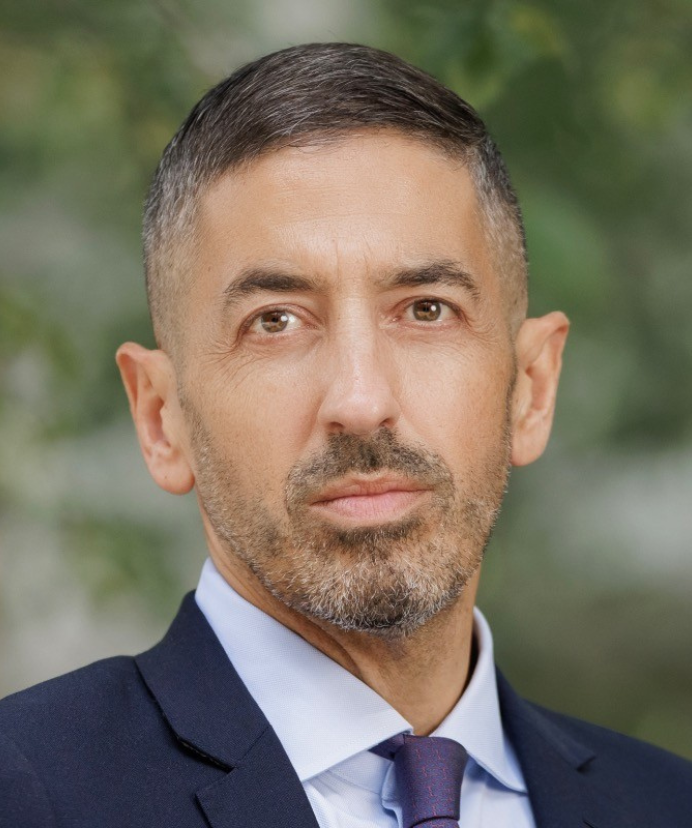Elitism and Science
On the risk of reinforcing elitism in science and the need for greater diversity in the field.

Read Time: 4 minutes
Published:
Science is carried out by experts. More than a century ago, the rise of German universities as forerunners of the modern research university created a model whereby certification—usually in the form of a doctorate—creates a class of working scientists. This approach suggests that the work of science is being carried out by the meritorious few, a class that anyone, through hard work, can join and contribute to.
But, as is often the case, merit is not exactly what it seems at first glance. In the past 50 years, the proportion of U.S. PhD students who have a parent with a post-graduate degree has tripled. For most fields, more than half of PhD students have parents with post-graduate degrees, and fewer than a fifth have parents without a four-year degree. When one recognizes that fewer than 40% of Americans have a four-year college degree, it becomes clear that the work of science continues to be carried out by a very select slice of the population.
Not only are accredited scientists coming from a very select subset of the population, they are also being trained by a select subset of academic institutions. About 20% of U.S. institutions produce 80% of tenured/tenure-track faculty at PhD-granting institutions. Five U.S. universities have trained about 1 in 8 faculty in the U.S., more than all non-U.S. universities have educated.
[A] science that is produced by the few is bound to be much less well accepted by whole populations, challenging trust in science and the capacity of science to make as much of a contribution as it could.
These data suggest that science is predominantly produced by people who have been trained in a relatively small number of institutions, and who share similar backgrounds. This might not be a problem if this training and background did not result in a separation of the experience—and hence the mindset and biases and questions of interest—of scientists from the population. But evidence suggests that the life experience of scientists is indeed different than that of the populations and the world that they study. For example, one analysis during COVID-19 showed that while all segments of the population fared worse on a range of indicators—mental health, physical health, job security, personal finances, personal life, and work-life balance—during the first year of the pandemic, two groups did better on these indicators: those with post-graduate degrees, and those who had an income of more than $100,000 per year. Those criteria describe most working scientists.
The data then suggest that a select few, following narrow select paths, become scientists, and when they do, their lived experience is quite different than that of the rest of the world. This runs the risk of reinforcing an elitism in science where power and influence “is concentrated in the hands of a limited number of people.” If science is to be open to understanding the world around us, to pursue the widest array of questions, having science carried out by those with narrow experiences, either through their personal paths or their lived experience, will produce narrower findings than we might like. For example, studies of women’s health progressed—offering a new focus on health conditions that might manifest differently in women—only after the number of women doing medical research increased. In addition, a science that is produced by the few is bound to be much less well accepted by whole populations, challenging trust in science and the capacity of science to make as much of a contribution as it could.
It is not straightforward to unwind systems that concentrate power and privilege, and we should not pretend that rhetorical analysis can disentangle such pathways. However, labeling and identifying these challenges is a first step towards democratizing science. Formal programs that have emerged in the past two decades to diversify science stand to make a real contribution if implemented with an eye to ensuring that new pathways are created to encourage those who can truly bring a range of identities and perspectives to their field. We are hopeful that the surfacing of conversations about elitism in science in recent years are indeed steps, even if slow, in the right direction.
Previously in Observing Science: Protecting Government Scientists




